Forget Midnight Mass, Malignant or Fear Street, nothing this year has elicited in me the same feelings of terror as Maid on Netflix.
An adaptation of Stephanie Land’s novel Maid: Hard Work, Low Pay, and a Mother’s Will to Survive, this Netflix adaptation follows the life of Alex (Margaret Qualley), a young mother in the Pacific Northwest, after she flees from her alcoholic partner one night. All she takes with her is her daughter Maddy, her car, the clothes on their backs, and US$18.00.
Yes, that’s right.
Eighteen dollars.
That’s it.
With no savings, no family she can reliably depend upon, or anyone else who can help, like a pair of final girls in a slasher movie, Alex and Maddy are relentlessly stalked by homelessness and destitution at every turn.
You’ve heard some of this tune before. The government can’t help with housing until you get a job. You can’t get a job until you have housing. The only place available to stay is a domestic violence shelter, but Alex wasn’t abused… or was she?
The difference with Maid is that while the forests of forms Alex needs to fill in might be presented elsewhere as an insurmountable obstacle in themselves, Alex puts her head down and works though the problem. The horrifying thing is her efforts often don’t matter. Being smart or capable doesn’t help when you are caught in the poverty trap.
As Alex struggles to get a roof over their heads, avoiding going back to Sean at all costs, her tiny amount of money slowly ticks down on screen.
Now What?

While watching Maid, there were numerous times that I considered turning off Netflix altogether. The tension that built in my chest each episode became almost unbearable. And it wasn’t from the setbacks that Alex encountered. The first few episodes train you to expect something bad to happen. The tension comes from the small victories. Every time Alex celebrates the minutest of happy events, you just know it’s going to be wiped out by some unexpected cost or problem. It’s the waiting that got to me.
It got to the point where a glass of milk left even slightly unattended next to Maddy’s tablet conjured nightmare scenarios a milk damaged entertainment system and an additional layer of stress for Alex. (Spoilers: The tablet survives, but so too does the tension until something much worse happens later in the episode).
This might make Maid sound unwatchable, but that couldn’t be further from the truth. Maid isn’t just poverty porn. Show creator Molly Smith Metzler has crafted an enthralling series that examines the poverty, abuse, and generational trauma that occurs in the modern United States.
A huge part of that enjoyment hinges on Alex herself, Margaret Qualley. Qualley is never less than mesmerising as she faces down each new struggle. She dominates the screen with the camera barely leaving her face over the course of the 10 episode limited series. With just a change of hairstyle or facial expression, Qualley switches from a woman confidently getting her life back on track at work, to an utterly lost young adult adrift in a sea of government bureaucracy.
Toxic? Moi?
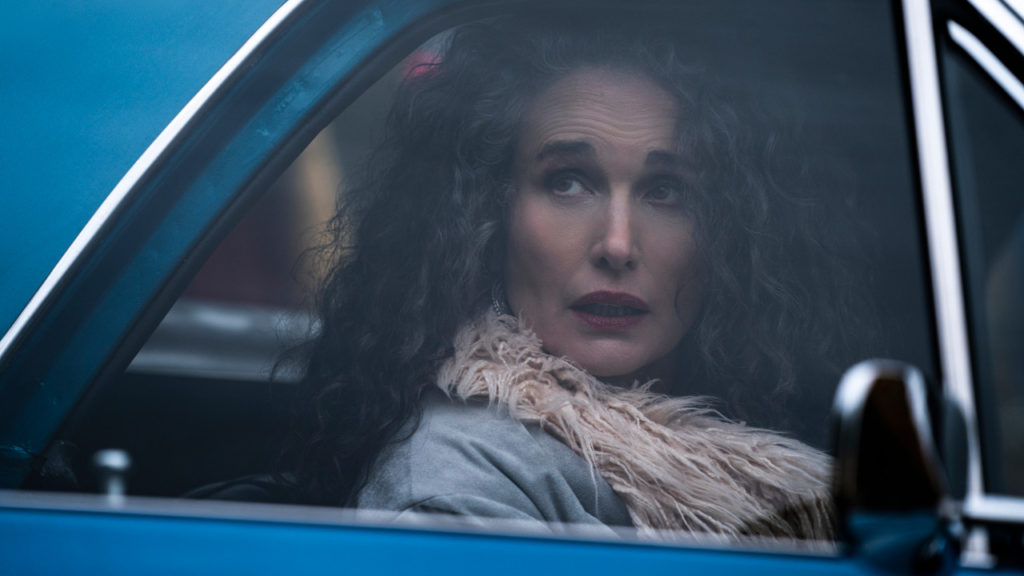
She’s matched by an equally amazing cast including Qualley’s real life mother, Andie MacDowell, as Alex’s mother Paula. Along with her former alcoholic, born again Christian, estranged father, Hank (played by Twilight’s former Dad of the Decade Billy Burke), Alex’s parents are almost worse than having none. Each comes with their own set of problems and drama that Alex just can’t afford to deal with.
As the primary source of Alex’s problems, Nick Robinson’s Sean could have easily been “just” a stereotypical abusive husband, but Maid goes for something far more chilling and real. Sean made my skin crawl, not from how awful he is during a drunken rage, but how he is when he’s “sober.” In every conversation, no matter how short, or focused on an entirely different subject, like custody of Maddy, he manages to fit in almost imperceptible slights at Alex’s expense. Constantly prioritising his needs and his struggle with alcoholism over everything Alex and Maddy have to endure, his near constant microaggressions paint a horrifying picture of how easy it can be to be abused and not even realise it. So much so that Alex’s friends and family don’t even notice when he does it right in front of them.
Maid To Order
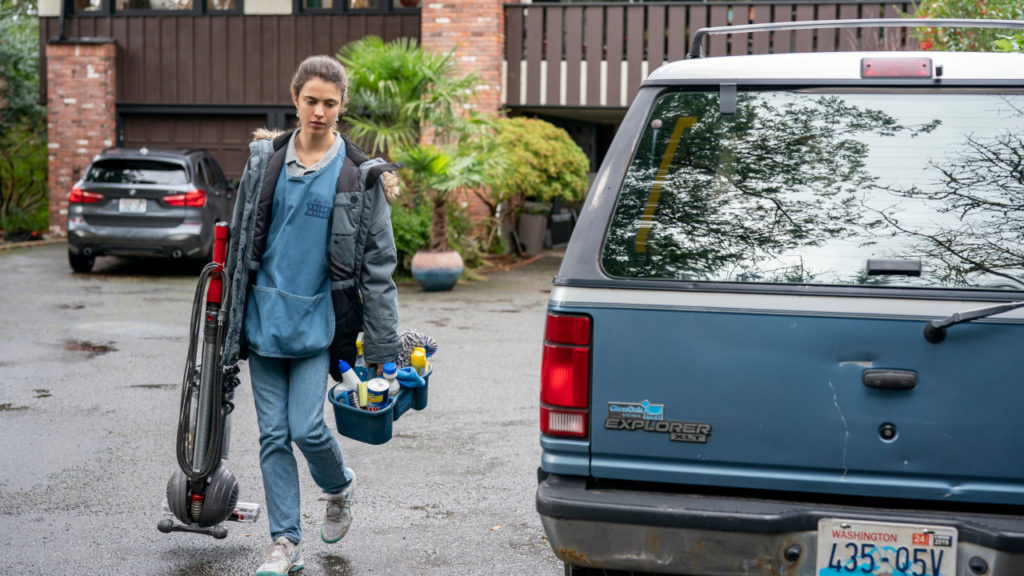
I haven’t even talked about Alex’s job, which give the series its title, and provides a framework for many of the episodes, as she cleans houses for the Value Maid company, but it’s yet another intriguing wrinkle in a show that could have easily had the same vibe as a trashy TV movie of the week. The show also features an inventive style, occasionally lapsing into the fantastical, as Alex’s concerns come across on screen. Her paycheck visibly ticking down on screen before she’s even got it, or legal proceedings collapsing into actual legal gibberish as she becomes lost in the jargon of the law.
Maid illustrates the true horror of a capitalist society where a mother who wants nothing but to care for her child can be beaten down by the state, employers, landlords, and even her family. Next time you find yourself thinking something nasty about those that find themselves less well off, you need to watch Maid and consider… if it can happen to Alex it can happen to you.




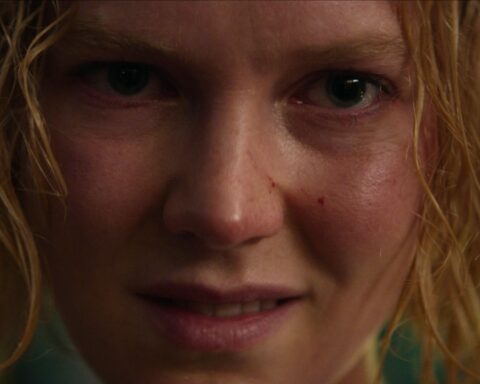

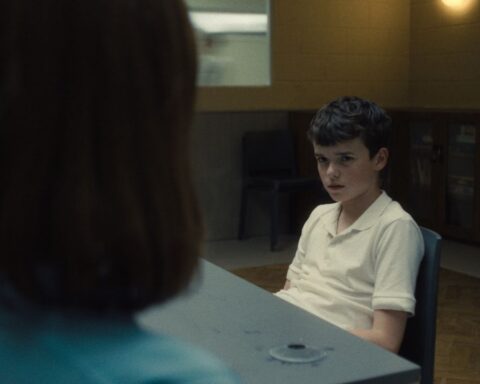
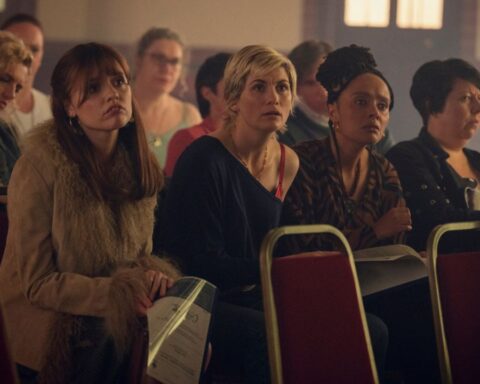
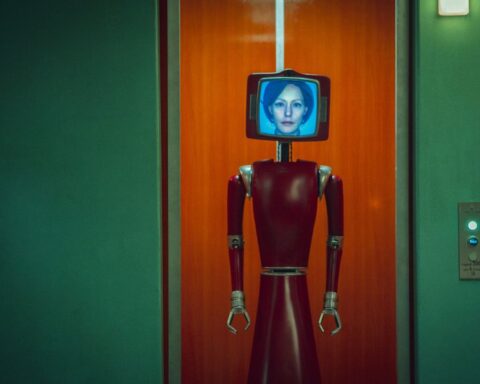
Follow Us